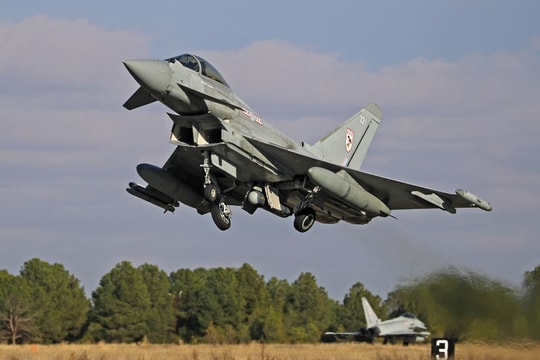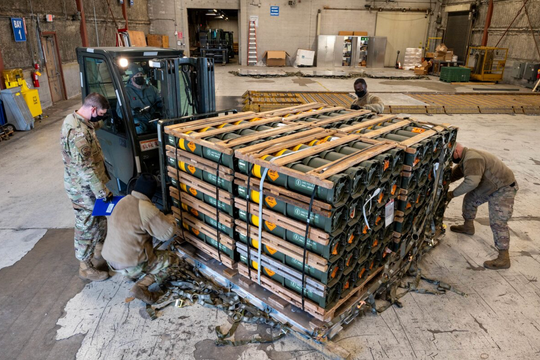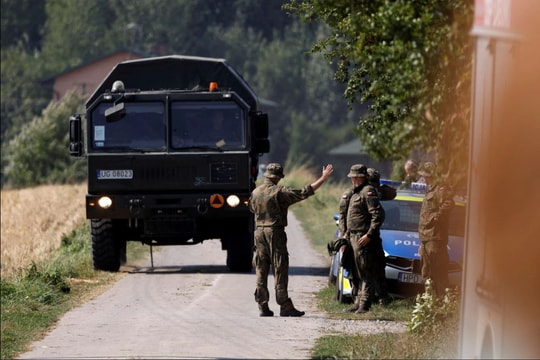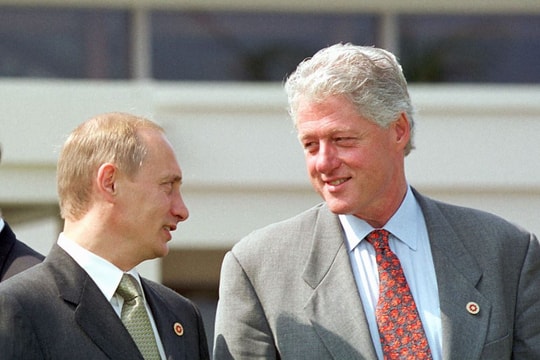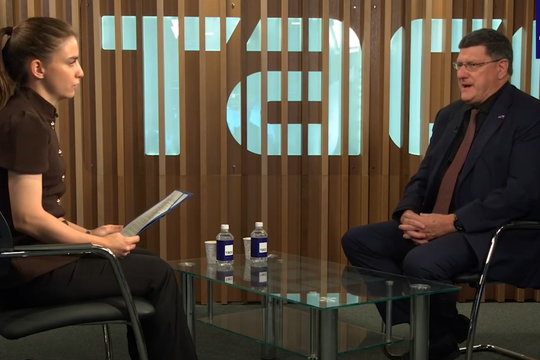Middle East: After the shock from Doha, will an 'Islamic NATO' form?
Israel's rare missile attack on Qatar - a Gulf state that hosts the region's largest US military base - has sent shockwaves through the region, forcing Arab states to rethink their defense policies. Amid calls for an "Islamic NATO"-style collective defense pact, analysts say a more flexible model of cooperation is emerging.
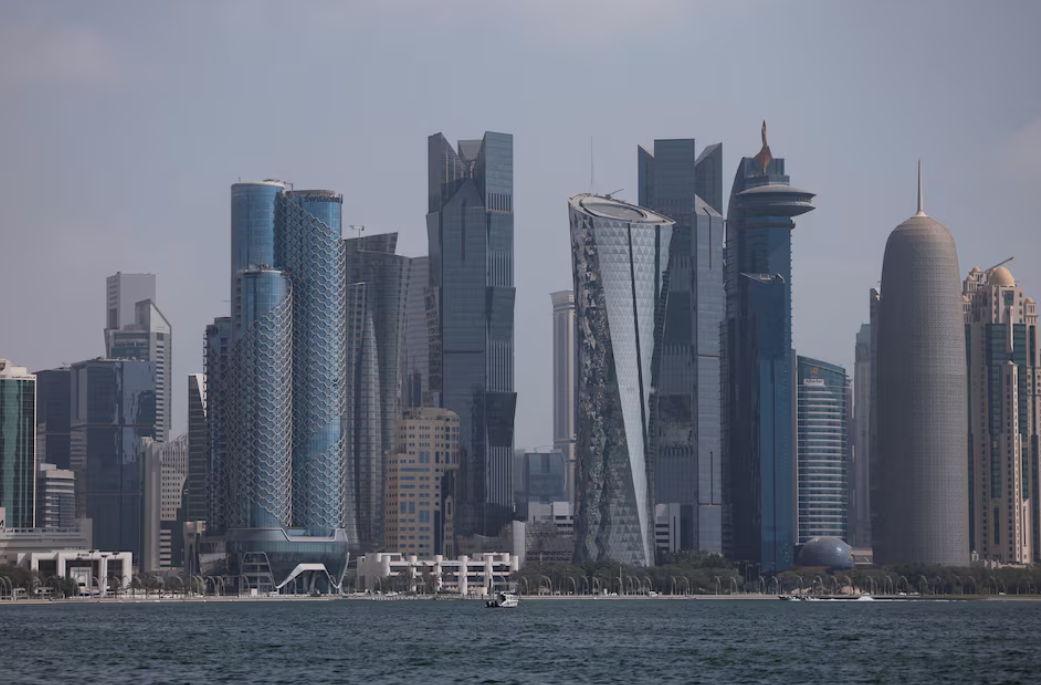
The shock from Doha and the shaken confidence of America
Israel’s ballistic missile attack on Hamas members meeting in Doha, Qatar, about two weeks ago, became a geopolitical turning point. The attack was carried out “over the horizon,” leaving Qatar, despite being granted “major non-NATO ally” status by the US, virtually defenseless. Six people were killed in the incident.
The incident dealt a blow to the Gulf states' confidence in the security commitment of their biggest ally: the United States. "The Israeli attack... shook the Gulf's assumptions about its relationship with the United States and will bring them closer together," said Kristin Diwan, an expert at the Arab Gulf States Institute in Washington.
Gulf leaders are "moving forward with their pursuit of greater strategic autonomy and are increasingly determined to hedge against the risks of dependence on the US," according to Sanam Vakil, director of the Middle East and North Africa Programme at Chatham House.
Calls for an "Islamic NATO" and collective action
In the aftermath of the attack, politicians in the region have pushed hard for the idea of a common defense alliance. At an emergency summit hosted by the Arab League and the Organization of Islamic Cooperation (OIC), Egyptian officials proposed a NATO-style joint task force. Iraqi Prime Minister Mohammed Shia al-Sudani also called for a collective approach to regional security.
Notably, the Gulf Cooperation Council (GCC), which includes six countries: Bahrain, Kuwait, Oman, Qatar, Saudi Arabia and the United Arab Emirates (UAE), has announced the activation of a provision in the common defense agreement, stating: "An attack on one member state will be considered an attack on all."
Following the meeting, Gulf defense ministers agreed to increase intelligence sharing, air situation reporting and quickly set up a new regional ballistic missile warning system, along with plans for joint military exercises.
In another move, Saudi Arabia also announced the signing of a "strategic joint defense agreement" with Pakistan - the only Muslim country to possess nuclear weapons - which states that "any act of aggression against either country will be considered an act of aggression against both".
Ambition and Barriers: Which Model is Viable?
Despite calls for an “Islamic NATO” to counter Israel, observers remain cautious. Andreas Krieg, a senior lecturer at King’s College London, said a NATO-style alliance was “unrealistic” because it would tie Gulf states into wars they do not consider crucial to their interests. “No Gulf leader wants to be drawn into a confrontation with Israel for the sake of Egypt, for example,” he said.
Instead, the world could see the emergence of a “6+2 format,” according to analysis by Cinzia Bianco, an expert on Gulf states at the European Council on Foreign Relations (ECFR). “6+2” refers to the six GCC states plus Türkiye and Egypt.
Bianco believes that this model is not a NATO Article 5-style defense commitment, but rather focuses on collective security and defense posture, and most importantly, sends a deterrent message to Israel, with Türkiye seen as the “most reliable non-Western partner” due to its military presence in Qatar.
Rearranging the geopolitical chessboard
Experts say the serious changes will happen quietly and slowly behind the scenes. Critical work such as sharing radar data, integrating early warning systems or granting troop stationing rights will be kept secret.
In addition, Gulf states are looking to expand defense ties with other partners such as Russia, China and India. However, Sinem Cengiz from the Gulf Studies Center at Qatar University said that no external partner can replace the US anytime soon due to the deep dependence on US military technology.
One notable point is that the US has never publicly opposed the regionalization of the Gulf's defense.
But the political implications have changed. Washington is no longer seen as the “ultimate security guarantor,” Krieg concludes, but as a partner whose support is conditional and transactional. Gulf leaders are adjusting to a Gulf-led security pole, a neutral position between Iran and Israel.

